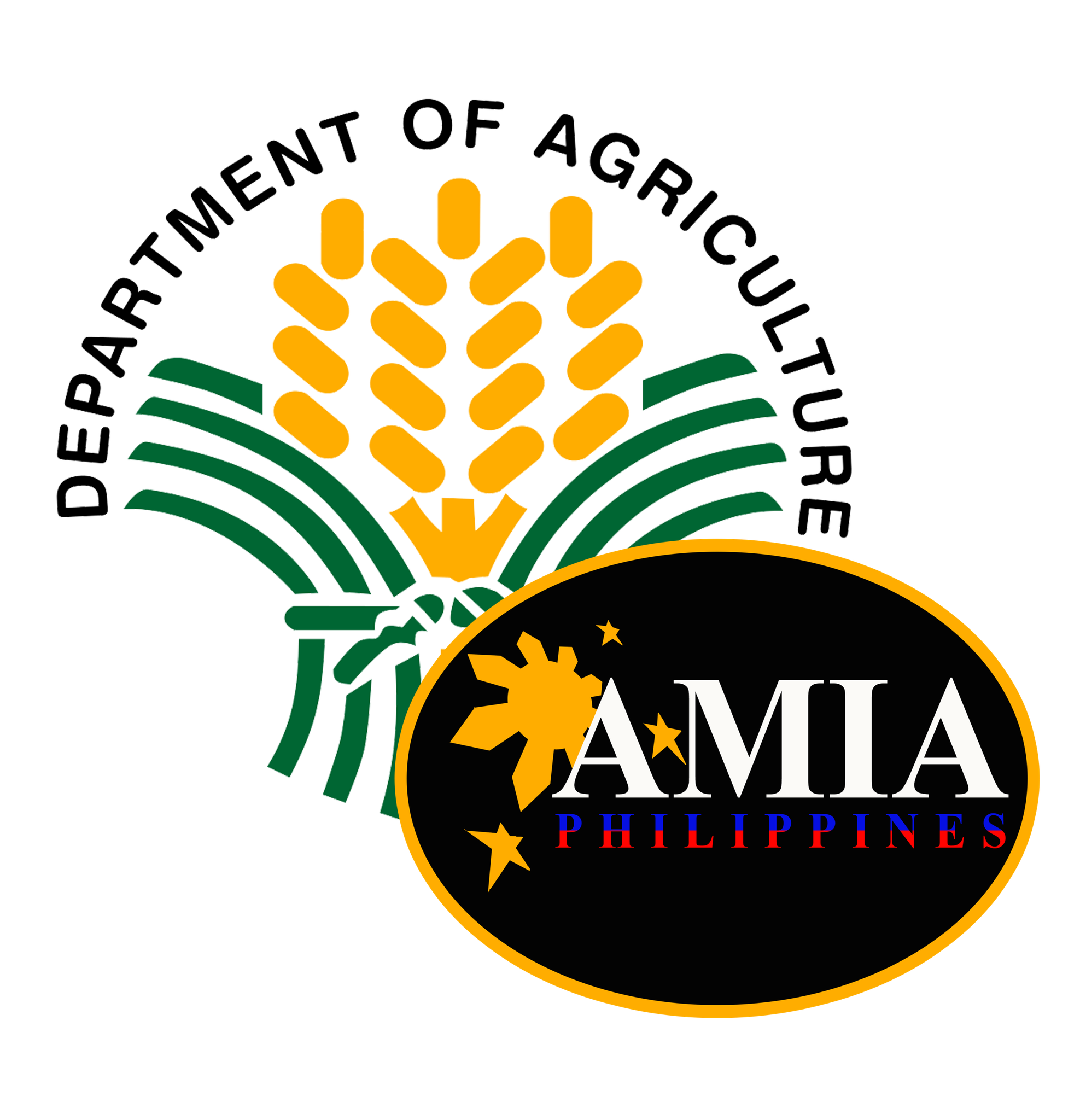“We are no longer just agriculturists; we are climate communicators.”
This is what Antonion Tangayan, a seasoned agriculturist from Central Visayas, realized after attending the 2024 Department of Agriculture (DA) Adaptation and Mitigation Initiative in Agriculture (AMIA) Program Communications Training held at Savannah Hotel, Angeles City/Clark, Pampanga on August 27-30, 2024.
The training, organized by DA Climate Resilient Agriculture Office (CRAO) and DA Regional Field Office 3 AMIA Team, has empowered its participants—90 percent of whom were agriculturists like Tangayan—by honing their writing, storytelling, and digital and visual communications skills, enabling them not only to nurture the land but also to champion climate resilience through communication.
“We help farmers cultivate their land, but we also have a voice that needs to be heard,” explained Tangayan, who is part of the DA RFO 7 AMIA Team. “This initiative is helping us to transform our knowledge and experiences into narratives that can drive policy changes. We are no longer just agriculturists; we are climate communicators,” he added.
Apart from Tangayan, other agriculturists shared their firsthand experiences and thoughts on the importance of addressing the climate crisis and how they can help drive impactful change by utilizing the power of communication.
Efren Tiongson Jr., an animal science graduate at Central Luzon State University and one of the participants of the event, emphasized the importance of collaboration between scientists and agriculturists in communicating climate change during the group discussions. “Every stakeholder plays a crucial role in combating climate change. By empowering those who work directly with the land, helping them communicate better, we are fostering a grassroots movement that can lead to real change,” he stated.
Meanwhile, Juvelle Kaye Narvas, administrative staff at AMIA-MIMAROPA and an agriculturist at heart, explained why agriculturists are the ideal climate change communicators. “Agriculturists possess firsthand knowledge of the consequences of climate change on crops and livestock; they are the perfect messengers,” she said.
The AMIA communications training aimed to deepen participants’ understanding of climate change while equipping them with essential communication skills and strategies to engage diverse audiences, including policymakers, stakeholders, and the general public. The focus extended beyond adaptation and mitigation techniques in agriculture, incorporating storytelling as a powerful advocacy tool.
The training included workshops on developing effective messaging, leveraging social media, and engaging local communities in climate conversations. Participants were encouraged to draft pieces for various communications platforms, aiming to amplify their voices beyond the farm.
“Our stories matter,” said Nelva Balbin, a AMIA technical staff member from DA Ilocos Region and an environmentalist. Rosary Anne M. Serrano, a licensed agriculturis from DA CARAGA, echoed this sentiment: “We’ve seen the effects of climate change on our farmers, and now we can share those stories to make people understand—hindi po lahat ay tungkol sa’tin; it’s about everyone’s future.”
As the workshop concluded, many participants felt empowered to step into new roles as writers and communicators. “I never thought I would be writing articles or posts,” said Mineralito F. Simon, an aspiring climate advocate and a passionate animal science graduate. “But now I realize that sharing our experiences is a powerful way to spark change.”
The 2024 AMIA Communications Training has ignited a movement among agriculturists, redefining their professional identities. With newfound skills and a clearer mission, these advocates are ready to take to their local, national, and even global stages, ensuring their stories of resilience and adaptation resonate loudly in the ongoing conversation about climate change.
“In the midst of a climate crisis, this shift could prove to be a vital contribution to the broader effort towards sustainability and resilience in agriculture, as these emerging voices begin to articulate a vision for the future—one where nature and agriculture coexist harmoniously in the face of climate challenges,” says Ezra Bañas, a licensed Agricultural Biosystems Engineer from AMIA Zamboanga Peninsula. ###
(Written by Chrystal Jane Almendralejo with help from Rosary Anne M. Serrano, Efren Tiongson Jr, Juvelle Kaye Narvas, Ezra Banas, Nelva Balbin, Mineralito F. Simon, and Anton Tee. This article was an output during the 2024 AMIA Communications Training held on August 27-30, 2024 in Angeles City/Calrk, Pampanga.)
